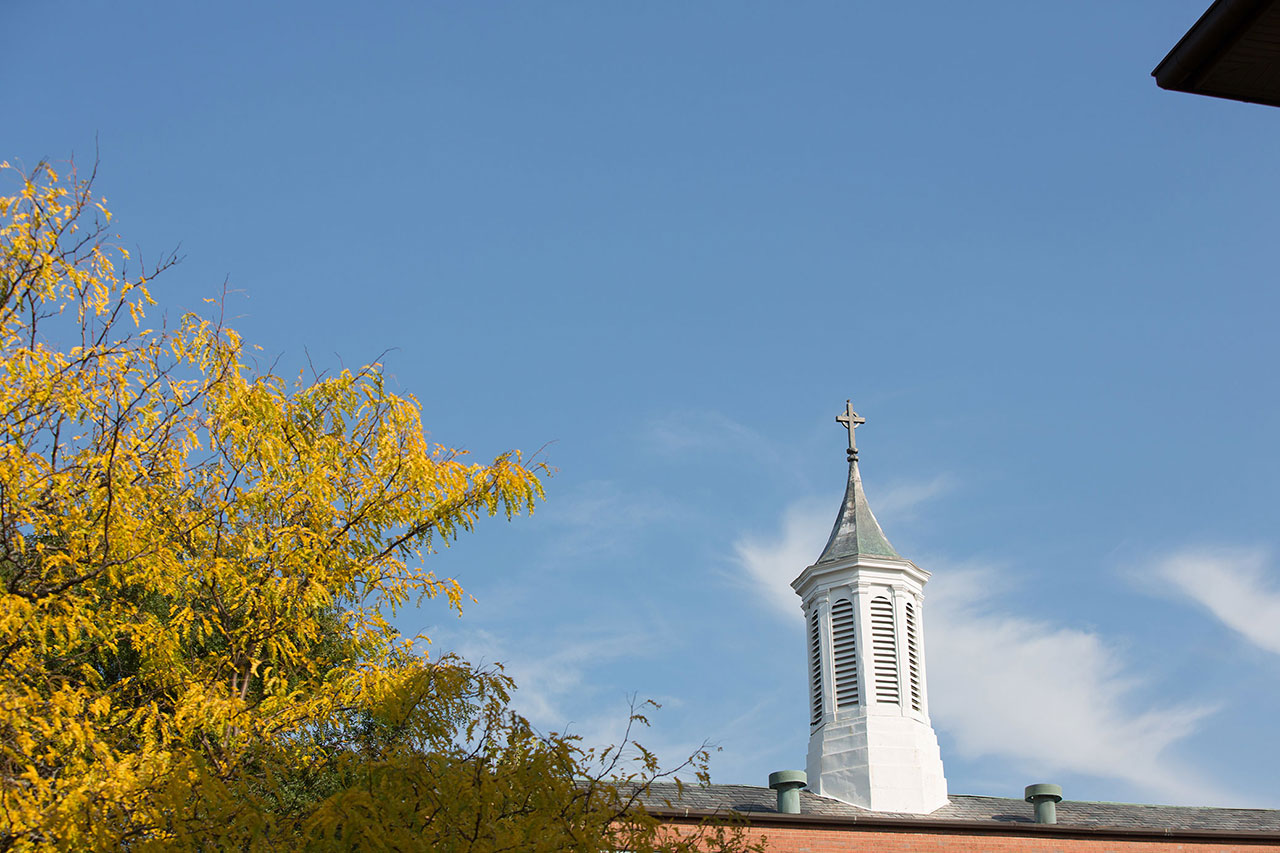This course offers a survey of Christian history and theology from the apostolic times through the early Reformation. Course material pays balanced attention to Christianity's intellectual and social history, with sustained consideration of the church's evolving relationship to political and social structures and the contested category of orthodoxy.
As a continuation of HSTY 5210, Christian History II traces the expansion of the church from Europe into the Americas, Africa, and Asia as well as the division of the church into myriad denominational traditions. Attention is given to the theological, political, and economic contexts that attended this expansion and division, and to the question of unity in diversity.
This course traces the mutual impact of Christianity and North American culture, politics, and economics from the sixteenth century through the twentieth, enabling a developmental understanding of the ministry contexts in which students will likely serve.
This seminar includes readings and research on the development of Christian thought and practice during the first six centuries of the church. May focus on a narrowed theme (e.g., Trinity, prayer, preaching, Christology, salvation, anthropology) or particular figure(s) (e.g., Augustine, the desert fathers and mothers, the Cappadocians, etc.).
Investigates the intersection of ethnicity and religious experience in the United States, querying the role of dominant narratives and the boundary between public and private religious discourse.
An historical and theological approach to the emergence of the Pentecostal and charismatic traditions in the American experience. Special attention will be given to the varieties of interpretation of the movement and to contemporary controversies within it.
This seminar provides opportunity to explore more fully the major areas of Catholic, Lutheran, Reformed, Radical, and English renewal in the 16th century.
This course contextualizes, identifies causes, and traces outcomes of the renewal of persons and faith communities within key moments and movements of Christian history.
This course provides students a deeper knowledge and appreciation of the history and theology of the Evangelical Covenant Church, from its roots in Sweden to its current multiethnic reality. Students will apply skills of historical research and analysis, developed in previous courses, to their own denominational history and explore the significqance of this history to the present mission and identity of the Evangelical Covenant Church.
This course will focus on various special topics in Christian history. Previous course offerings have included: Councils and Creeds, the Bible in American life, and Soren Kierkegaard. This course may be taken more than once.
These courses are offered by Young Life and given graduate credit through North Park Theological Seminary.
These courses are offered by Inter Varsity Christian Fellowship and given graduate credit though North Park Theological Seminary.
An opportunity for students to explore a topic of interest outside the regular curriculum. Instructor's permission required. Submission of course proposal/syllabus to the academic dean is required.
This core course assists the student in gaining a deeper knowledge of and appreciation for the history of the Evangelical Covenant Church. This includes background in the Lutheran Reformation tradition, the personal and ecclesial renewal brought by Pietism, the "free church" movements that influenced the revivals of the nineteenth century, and the subsequent challenges and opportunities of mission and growth. Transplantation from Sweden to North America through immigration provides the initial context of the history and the church's development through the generations in becoming what is today a diverse, multi-ethnic denomination. The course will also focus on several key issues in its ongoing life together.


